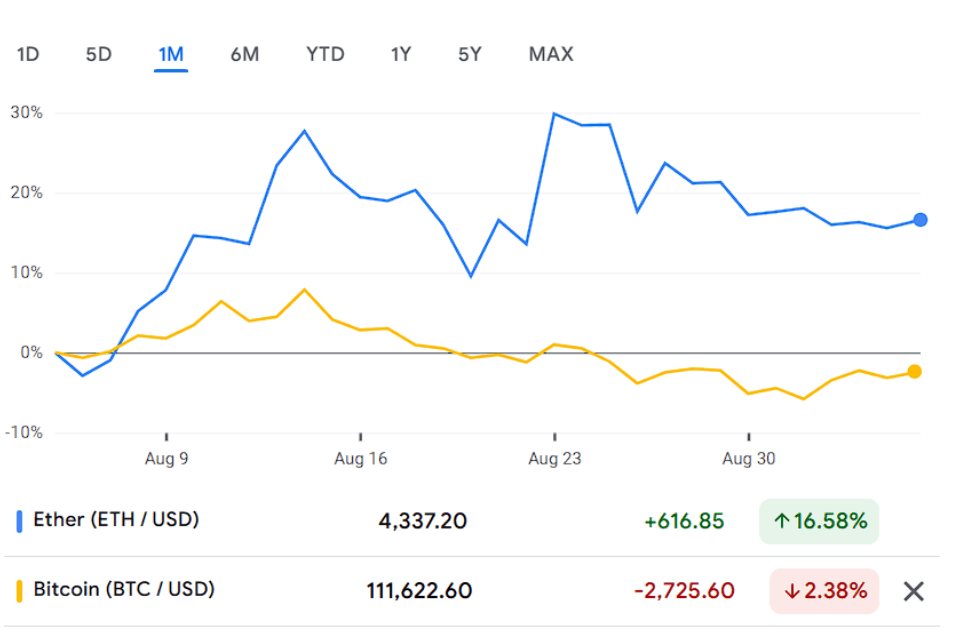Loading...

Germany CPI Drops 0.2 Percent in November as Expected
Germany’s November consumer price index (CPI) fell by 0.2% month-over-month, precisely matching consensus forecasts and reversing October’s 0.3% increase, according to Destatis data released today. This marks a notable shift toward disinflation for Europe’s largest economy, as energy prices and subdued consumer demand continue to weigh on overall price levels. The latest figures reinforce expectations that the European Central Bank may maintain or even ease its monetary policy stance, as persistent weakness in inflation could support arguments for holding or lowering interest rates in the near term.







